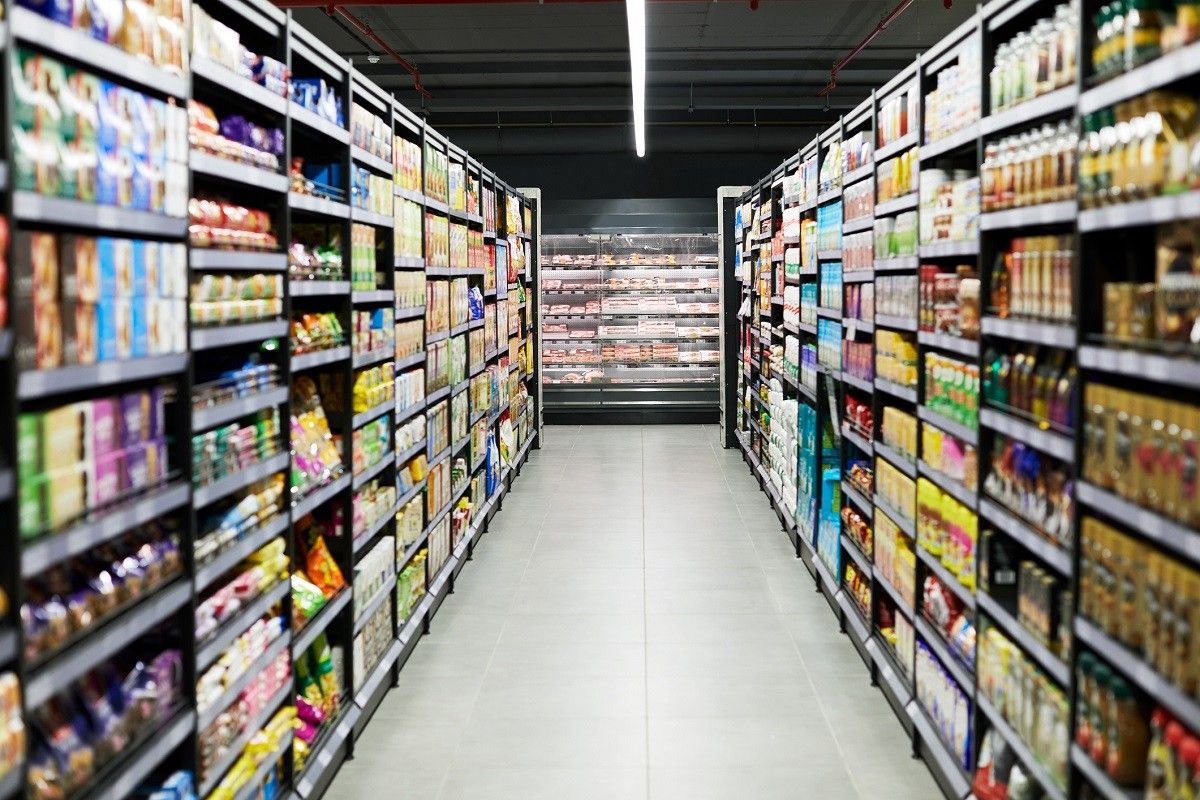Over four in ten food and drink manufacturers are planning to increase their investment over the next year as market confidence improves, states a report by a trade body, calling for the government to prioritise policies that support firms to boost investment.
According to latest ‘State of Industry’ report published by the Food and Drink Federation (FDF), some manufacturers are now in a better position after a tough few years, with 41 per cent planning to increase their investment over the next 12 months.
However, third-quarter survey still found a mixed picture on investment expectations, with not all businesses in a position to increase their capital spending and 18 per cent saying they expect their investment to fall over the next year.
The report also reveals that confidence in the sector has increased by 18 percentage points on the last quarter, creeping into positive territory for the first time since the second quarter of 2021. FDF noted that this is a sign that market conditions have stabilised, although it stated that the industry still faces significant challenges.
Labour vacancies across a wide range of roles in the sector have risen in the last quarter to 6.5 per cent from 4.8 per cent in the second quarter due to increased production ahead of Christmas resulting in more job openings that were difficult to fill. Manufacturers also report that average pay has increased by 5.2 per cent over the last year, and the National Living Wage will rise further next April.
Over the last few years, the industry has grappled with rising input costs, and some manufacturers have tried to absorb these costs to shield shoppers from the full impact of inflation. Manufacturers’ total production costs have increased by 14.2 per cent in the year to September, while selling price rises are standing at 10 per cent, with costs expected to rise further over the next year.
The report also found that over eight in ten (81 per cent) manufacturers are prioritising innovation, and the increase in the cost of living is changing shopping habits, with nearly 73 per cent of businesses saying they have noticed a shift in demand towards cheaper products.
Balwinder Dhoot, Director of Sustainability and Growth at the FDF, said, “With grocery volumes declining, manufacturers prioritising new product innovation is a way to maintain competitiveness and drive growth. The rise in confidence for the food and drink industry is a sign that market conditions have stabilised, however there are still huge challenges that face the sector.
“We need the government to prioritise policies that support investment if we are to build a sustainable and resilient food supply chain which supports growth and is vital for a strong economy. We saw some positive signals in the Autumn Statement and welcomed the announcement on full expensing, but any benefits will be more than undone by planned regulation that will hit our sector in the coming year.”


